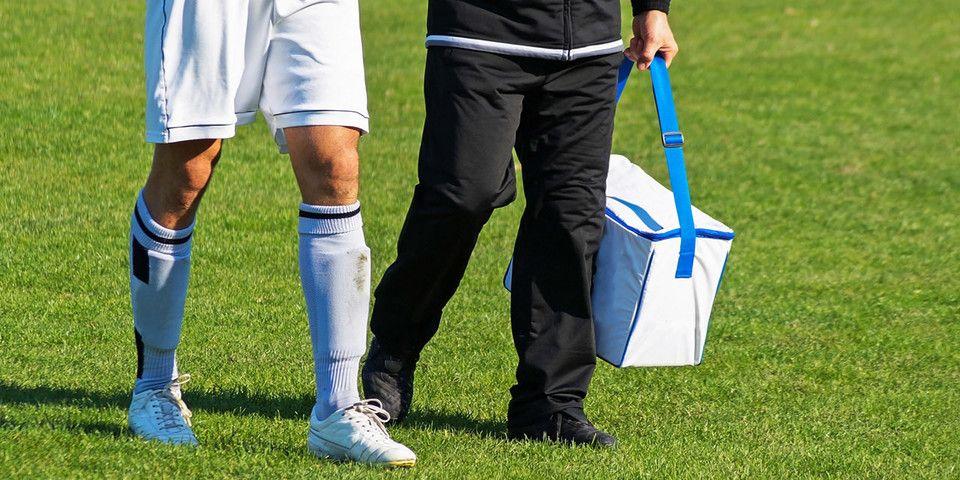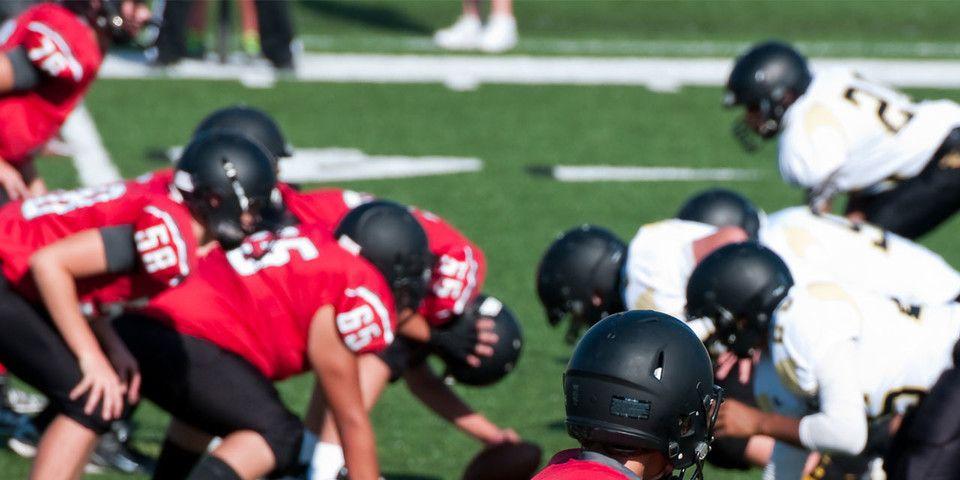Whether you twisted wrong or just stood up at the wrong angle, a torn meniscus can be painful and debilitating.
Athletes and fans alike need their knees whole and healthy to complete everyday tasks. If you or a loved one is suffering from a meniscal tear in Blue Bell, you may be wondering what your treatment options are. Doctors at Rothman Orthopaedics believe that understanding your condition and possibilities for treatment are the first steps on the road to recovery. With that in mind, we’ve created a quick guide for those looking for information on meniscal tear treatment.
The Meniscus and How It Becomes Injured
The meniscus is a layer of special cartilage in your knee called fibrocartilage. There are two menisci in each knee, and they act as a cushion between the femur (thigh bone) and the tibia (shin bone). These strong, c-shaped tissues distribute the weight of the body evenly across the tibia.
The meniscus often becomes torn as a result of a sports injury, particularly while playing football, baseball, basketball, or soccer. Typically it results from twisting the leg without also moving the corresponding foot. Meniscal tears can also happen, however, from long term wear, or simple movements such as getting up from a squatting position.
Diagnosing a Patient with a Meniscal Tear in Blue Bell
Symptoms of a meniscal tear include pain, swelling of the knee, and a catching or locking sensation when trying to bend or extend the knee. At the moment of injury, you may feel like your knee is ripping, or hear a pop coming from the joint. Pain and swelling may not occur immediately, but can develop after the initial incident.
Your doctor may use a variety of methods to diagnose your knee injury. This includes a physical examination, pressing and moving the knee in specific ways to test range of motion and potentially elicit discomfort. When diagnosing a meniscal tear MRI is an important tool for your doctor. Regular x-rays will not show a meniscal tear, since fibrocartilage is a soft tissue that is not visible with this type of imaging, so if your doctor needs an imaging scan to confirm diagnosis, an MRI is most effective.
Meniscal Tear Treatment Options
Unlike other tissues, the meniscus does not typically heal on its own. If you live a sedentary or minimally active lifestyle, your doctor may recommend meniscal tear exercises or physical therapy and pain management with nonsteroidal anti-inflammatory drugs (NSAIDS).
If you lead an active lifestyle, or have a more serious tear of the meniscus, your doctor may talk with you about surgical treatment options. Meniscal tear surgery is usually performed arthroscopically, and is aimed at either repairing or removing the torn portion of the tissue. Whether your doctor opts to remove or attempt to repair the injured fibrocartilage will depend largely upon the type of injury, the size of the tear, and whether it is in a part of the meniscus that receives blood flow.
Where to Look for Help
If you or a loved one has suffered a meniscal tear in Blue Bell, there are options available to help you regain your range of motion and reduce pain. Doctors at Rothman Orthopaedics are experts in diagnosing and treating orthopaedic injuries and conditions. With an office around the corner, those suffering from a meniscal tear in Blue Bell have access to some of the best physicians in the field. For more information, please visit us here or contact us at 1-800-321-9999.
Related Specialties
Related Physicians
Related Conditions
Related Treatments
Related Services
Related Programs
-

Athletic Training- Sport Medicine Outreach
Our Field Athletic Trainers provide direct sports medicine care to youth, high school, college and professional athletes. Rothman AT’s provide athletic training services throughout Southeastern PA and NJ to interscholastic high schools, colleges, as well as tournaments and special events.Read More -

Injury Prevention Program
The Injury Prevention Program at the Rothman Orthopaedic Institute is dedicated to the prevention of injuries from athletic participation, particularly youth sports.Read More -

Women’s Sports Medicine Program
The Women’s Sports Medicine Program at the Rothman Orthopaedic Institute is the first of its kind in the Philadelphia metro area and one of only several such programs specializing in the comprehensive care of the female athlete in the country.Read More





